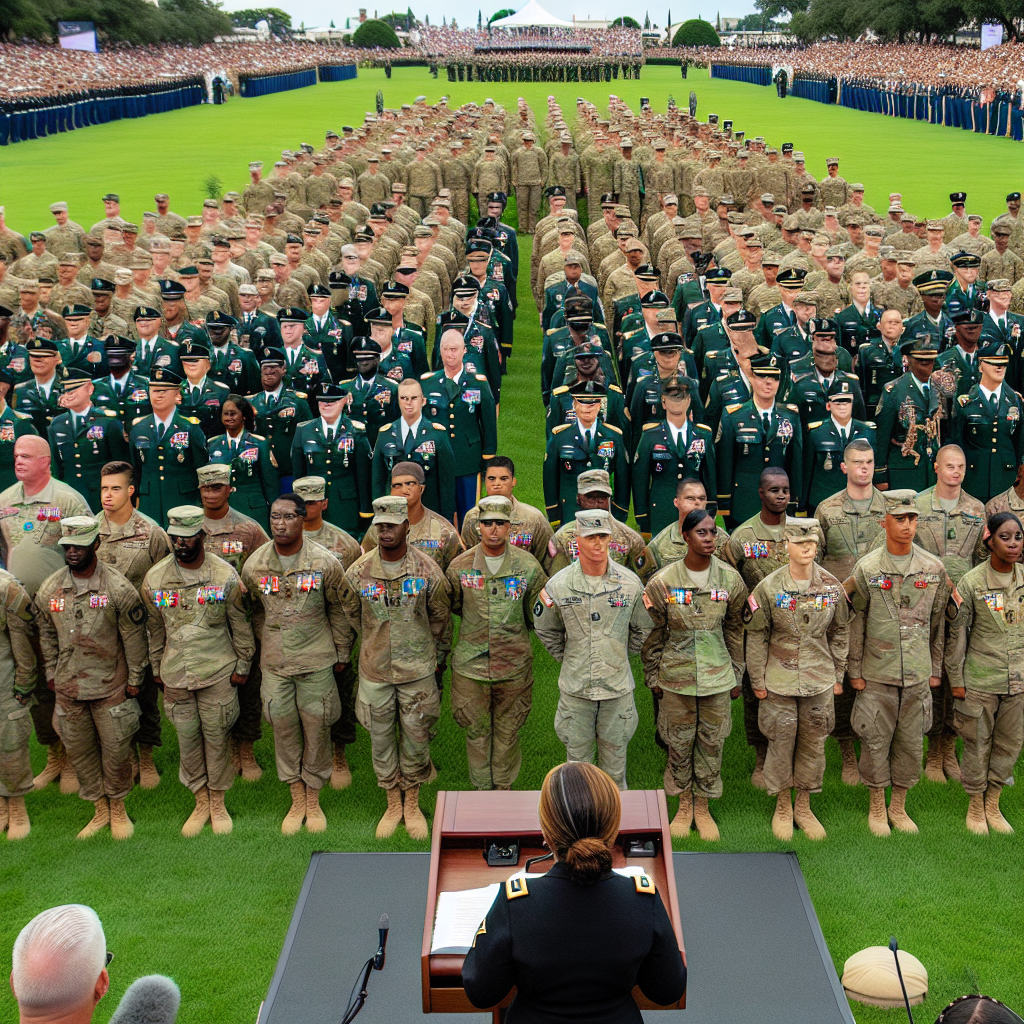Army Reenlists Soldiers Previously Discharged for COVID-19 Vaccine Refusal
Army Reenlists Soldiers Previously Discharged for COVID-19 Vaccine Refusal
Background
In a significant policy shift, the U.S. Army has decided to reenlist soldiers who were previously discharged for refusing the COVID-19 vaccine. This move comes as part of a broader effort to address personnel shortages and adapt to evolving public health guidelines.
Key Developments
- Policy Reversal: The Army’s decision marks a reversal of its earlier stance, which mandated vaccination for all service members.
- Personnel Shortages: The reenlistment initiative aims to bolster the ranks amid ongoing recruitment challenges.
- Public Health Adaptation: The change reflects updated public health guidance and a shift in the military’s approach to managing COVID-19 risks.
Implications for the Military
The decision to reenlist previously discharged soldiers is expected to have several implications for the military:
- Increased Manpower: By welcoming back experienced personnel, the Army hopes to enhance its operational readiness.
- Policy Flexibility: This move demonstrates the military’s willingness to adapt policies in response to changing circumstances.
- Morale and Cohesion: Reintegrating former soldiers may improve morale and unit cohesion, as it acknowledges the diverse perspectives within the ranks.
Conclusion
The Army’s decision to reenlist soldiers discharged for vaccine refusal highlights a pragmatic approach to addressing personnel needs while adapting to the evolving landscape of public health. This policy shift underscores the importance of flexibility and inclusivity in maintaining a robust and effective military force.

































